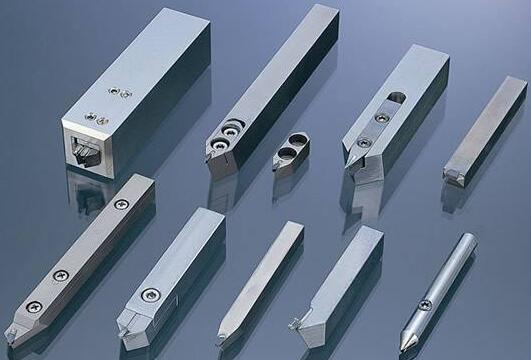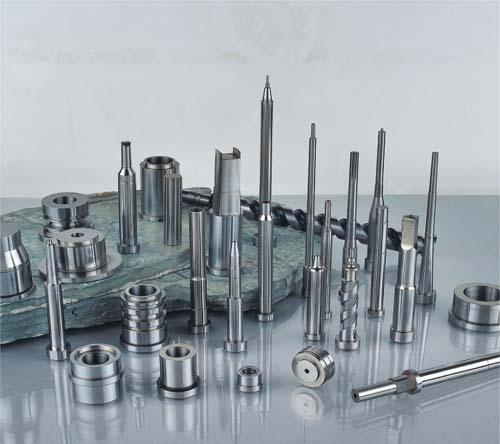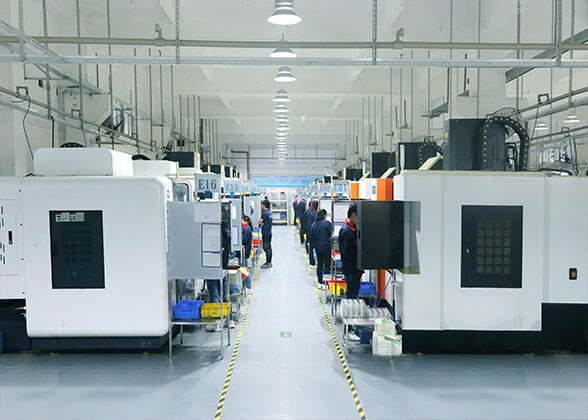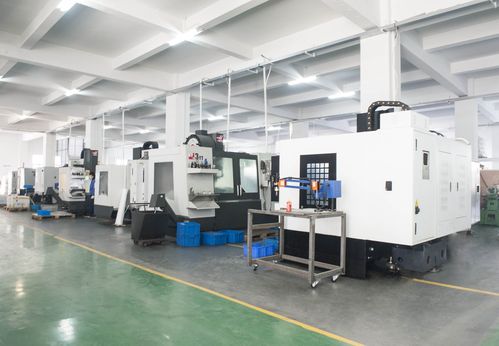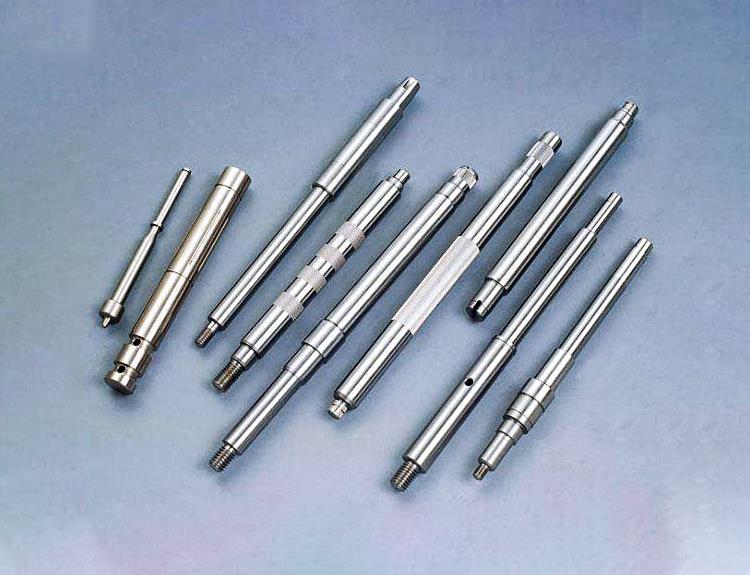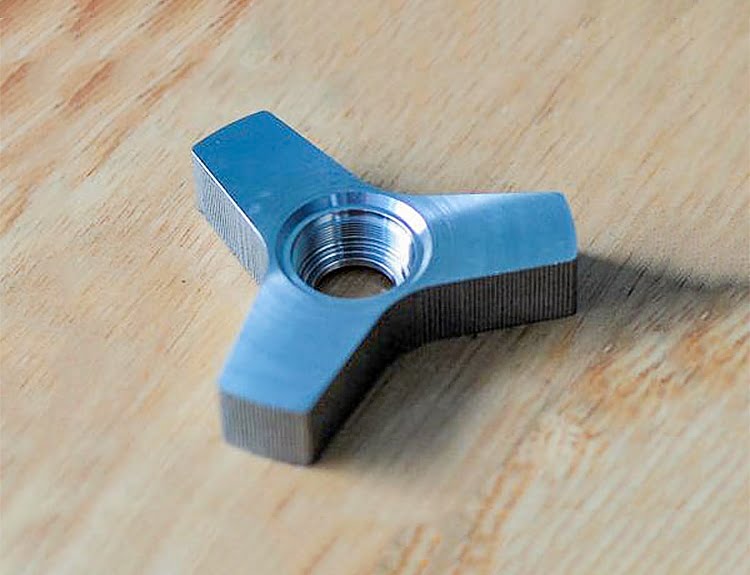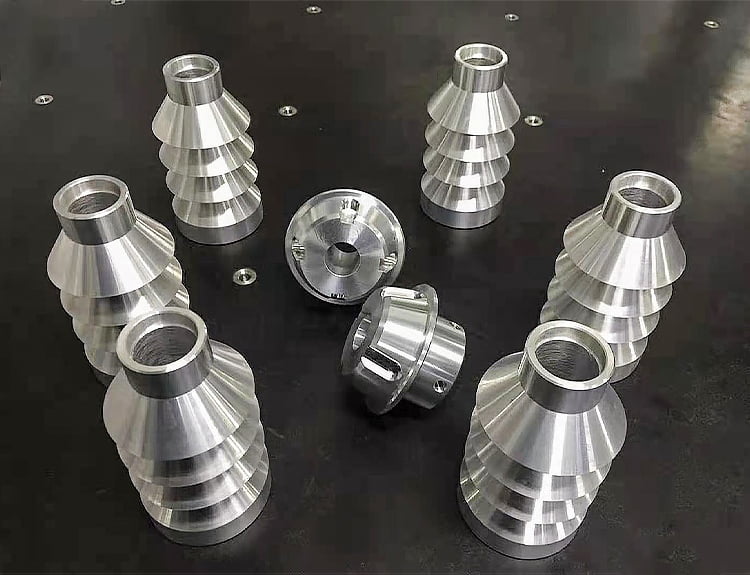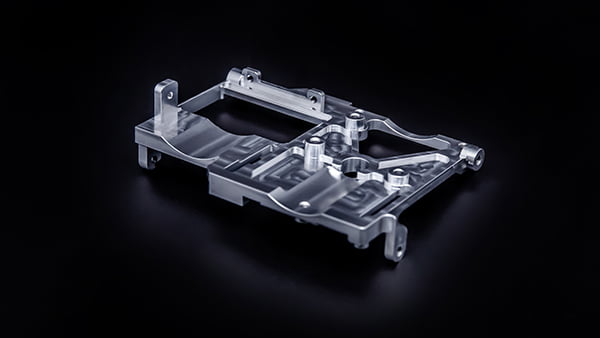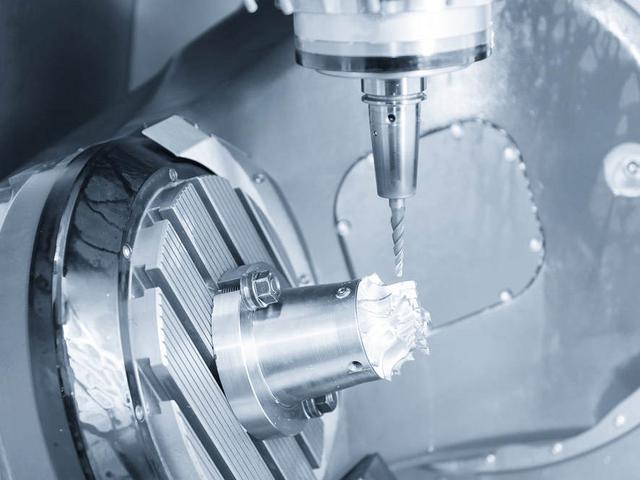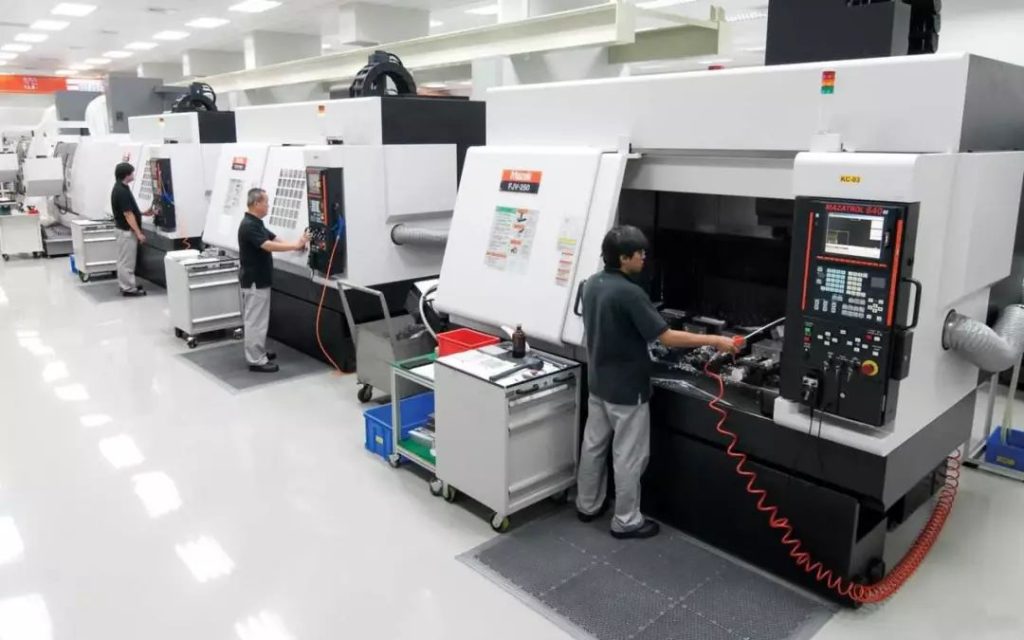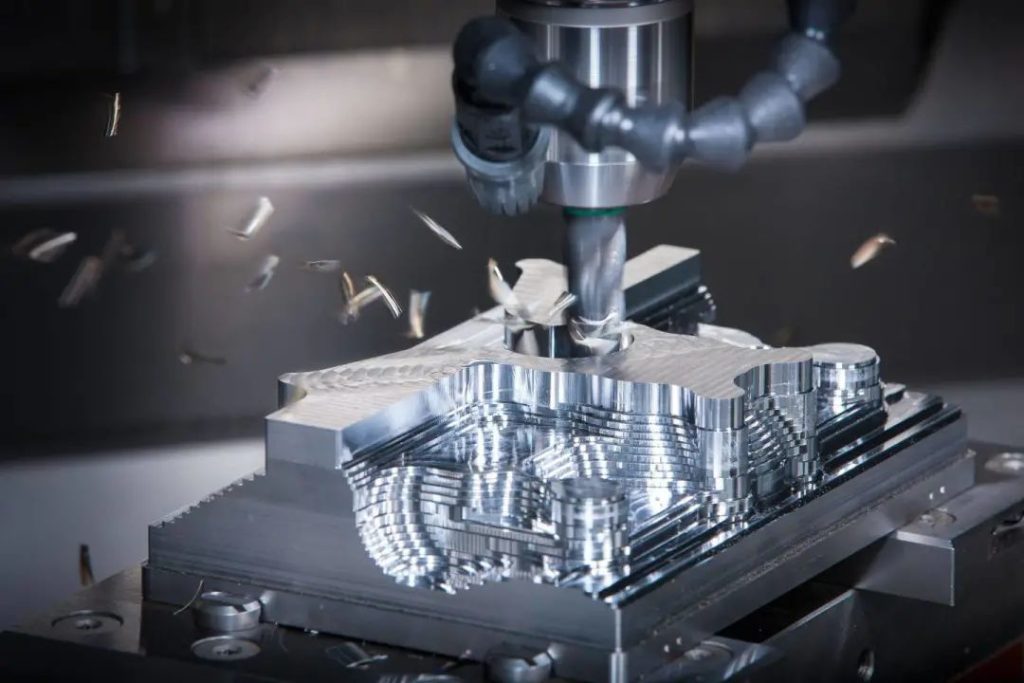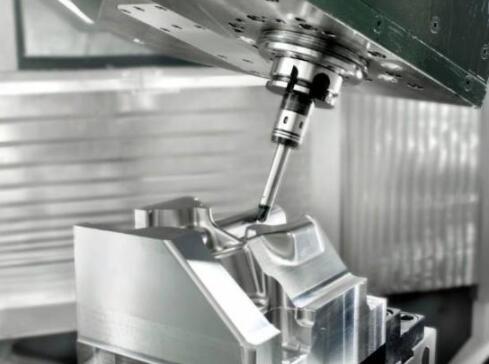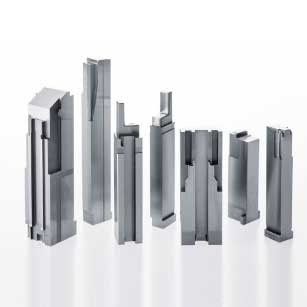ABS material is one of the most commonly used materials in the processing of plastic handboard. It has excellent impact resistance, heat resistance, low temperature resistance, chemical resistance, excellent electrical performance and good fluidity.
It also has the characteristics of easy processing, stable product size, good surface gloss and so on. It is easy to paint and color, and can also be used for surface spraying, electroplating, welding, hot pressing and bonding and other secondary processing.
General performance
ABS engineering plastic appearance is opaque ivory grain, its products can be colorful, and has high gloss. The relative density of ABS is about 1.05, and the water absorption is low.
ABS combines well with other materials and is easy for surface printing, coating and plating treatment. ABS has an oxygen index of 18 to 20 and is a flammable polymer with a yellow flame, black smoke and a distinctive cinnamon smell.
Mechanical properties
ABS has excellent mechanical properties, its impact strength is excellent, and can be used at extremely low temperatures.
ABS has excellent wear resistance, good dimensional stability, and oil resistance, and can be used for bearings under moderate load and speed.
The creep resistance of ABS is greater than PSF and PC, but smaller than PA and POM.
The bending strength and compression strength of ABS are poor among plastics. The mechanical properties of ABS are greatly affected by temperature.
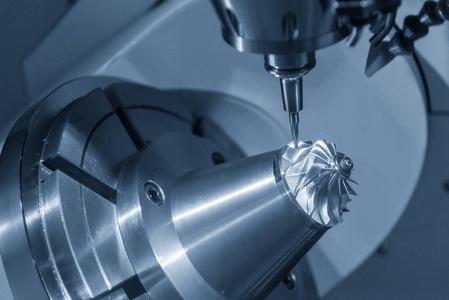
Thermal properties
The thermal deformation temperature of ABS is 93~118℃, and it can be increased by about 10℃ after annealing treatment. ABS can still show a little toughness at -40℃, and can be used in the temperature range of -40~100℃.
Electrical properties
ABS has good electrical insulation and is almost unaffected by temperature, humidity and frequency, so it can be used in most environments.
Environmental performance
ABS is not affected by water, inorganic salts, bases and a variety of acids, but it is soluble in ketones, aldehydes and chlorinated hydrocarbons, and will cause stress cracking when eroded by glacial acetic acid and vegetable oil.
ABS has poor weather resistance and is prone to degradation under UV light. After six months outdoors, the impact strength decreased by half.
